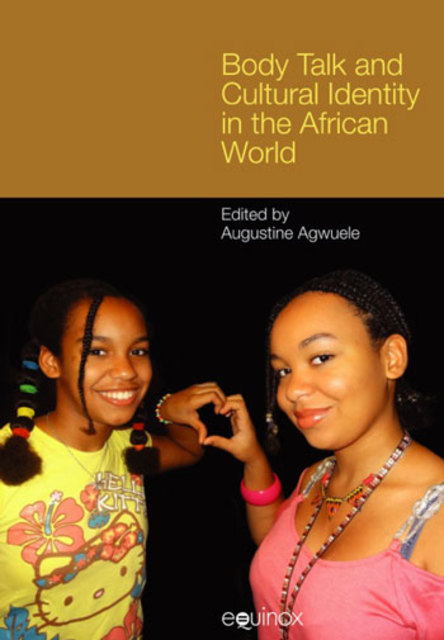Agwuele/Body Talk, 1. What Traditional Dances Tell Us

Full description
The uneven historical record has little enough to tell us about which African ethnic groups lived in areas of the Caribbean as a result of the Trans-Atlantic Slave Trade. While their African linguistic heritage is notably different, in both Puerto Rico and Trinidad words such as bomba, bamboula, and kalinda survive, as do contemporary versions of the dances they refer to. Once banned in various locales, the dances are now performed in government-sponsored venues of “high culture.” Yet, what the dances reveal about African-Caribbean ethnicity remains in dispute. Adapting the linguistic model presented in Salikoko Mufwene’s (2001) The Ecology of Language Evolution, this chapter proposes that the contradictory claims made about the Puerto Rican and Trinidadian dances’ provenance reflect an insufficient appreciation of the degree to which individual cultural features have been selected and creatively recombined. It disentangles the ethnic influences in these Caribbean dances by comparing historical depictions and current practice to the characteristics of contemporary dance forms in West and Central Africa, supplemented by etymological information regarding the dance names. Despite the passage of hundreds of years, the movements in these dances have much to communicate and contribute to our understanding of the Caribbean, past and present.
- typeImage
- created on
- file formatjpeg
- file size37 KB
- container titleBody Talk and Cultural Identity in the African World
- creatorAnn Albuyeh
- isbn9781781793107 (eBook)
- publisherEquinox Publishing Ltd.
- publisher placeSheffield, United Kingdom
- rightsEquinox Publishing Ltd.
- doi
We use cookies to analyze our traffic. Please decide if you are willing to accept cookies from our website. You can change this setting anytime in Privacy Settings.
